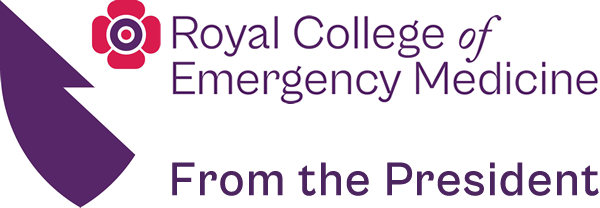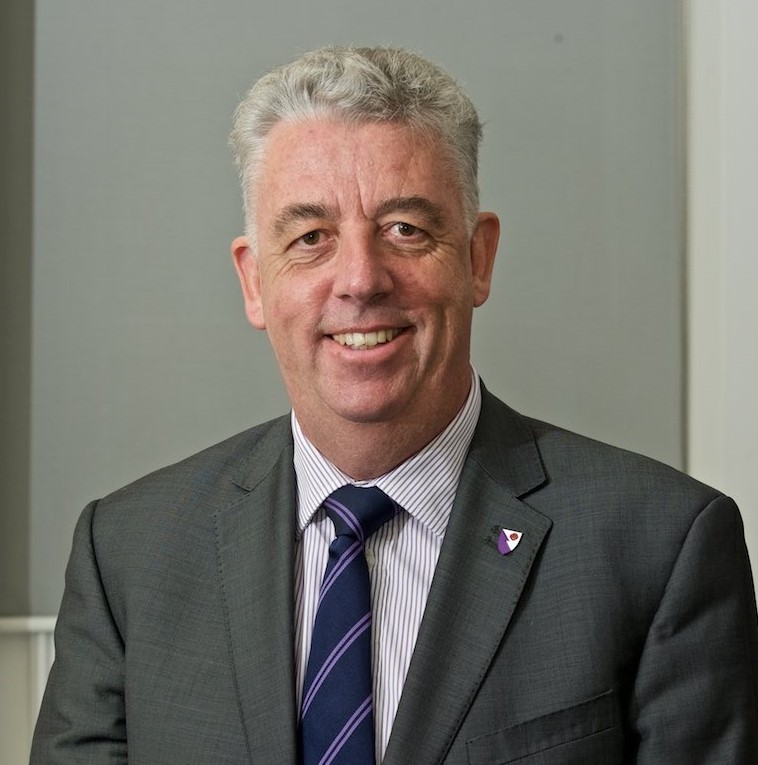And so the winter has started and with it the inevitable increase in hospital occupancy rates, ED exit block, ambulance handover delays and the daily struggle to find sufficient staff to maintain even minimum levels of care. As I am writing this in mid-September you will see I am blessed with the gift of prophecy – though my talents are strangely mute in respect of anything that William Hill will give me odds on!
No, far from being a seer, my prescience is no more than the inverse investment principle ie past performance is all too likely to indicate future performance.
Some of you will have received part of the government’s annual largesse – this year £62 million pounds distributed to the poor of the parish – as indicated by the needy appearance of their performance data last year. The remaining 75% of us will have to hope that our Acute Trusts continue to invest optimistically – perhaps even believing that good / heroic performance may yet be rewarded.
Many of you will have seen or heard me on television or radio – there can be little doubt that I have the face for the latter. We do not accept all media requests – I declined to comment on heat-waves, migrants, resignations of chief executives and a plan for GPs to charge for their services. Nevertheless I believe there is a clear need to broadcast our message to the public and politicians and there is good evidence that our message is beginning to get through. Unfortunately the nature of ‘news’ means most issues and stories are rapidly replaced by others as events dictate, this means it is necessary to press our case whenever the opportunity arises – to achieve ‘traction’.
On a number of occasions I have declined the opportunity to travel to Manchester in the late evening, stay in a central hotel and appear ‘on the sofa’ for Breakfast news. Not only would this be unfair on the early risers trying to digest their first meal of the day, it also tends to be incompatible with my role as full time ED consultant! I am grateful to both Taj Hassan and Carole Gavin who live rather nearer, for their excellent representation of the College.
There are of course other methods to raise our concerns and proposals. To this end we are planning a joint summit with the RCPL. This will focus on the ‘winter pressures’. Many of you will have read the RCP report from the Future Hospital Commission and its recommendations have been warmly welcomed by us. At this event we will launch a brief manifesto. We will outline 10 key issues, highlighting what we are doing as well as what we require others to do:-
5 things we are doing
- Making it easier for doctors in training to transfer to EM (by identifying and agreeing transferable competencies – encouraging and enabling more trainees into EM).
- Enabling trainees to plan their career (by establishing ‘run through training’ – allowing trainees to plan for 6 years not 3).
- Promoting EM training – Working with the HEE task force to promote and incentivise EM training.
- Identifying what we need for the future – In discussion with FTN / BMA and Keogh Review – building a consensus solution including the opinion of employers, employees and government.
- Advising on sustainable long term careers – producing guidance on flexible and annualised rotas – maximising the sustainability of employment.
5 things we need others to do
- Reduce reliance on locums – invest in a sustainable medical workforce solution rather than repeat last year’s £50+ million locum spend – locum spend indicates poor planning.
- Ensure EDs receive appropriate funds – amend the tariffs so Acute Trusts are not penalised by each and every non-elective admission – perverse incentives produce dysfunctional systems.
- Recognise the intensity of ED work – Revise the current trainee and consultant contracts to better recognise evening, night and weekend work as well as the intensity of ED work. – Ts & Cs should be equitable not identical.
- Provide effective alternatives to EDs for patients without acute severe illness or injury 7 days per week and at least 16hrs per day. A&E cannot mean ‘Anything and Everything’. No other healthcare system works in this way.
- Ensure ‘exit block’ does not occur – crowding is detrimental to patient safety and increases mortality.
The language is simple and the list by no means exhaustive. The key is to enable important messages to be reduced to ‘sound-bite’ size.
Finally I would like to promote one key suggestion within the Berwick report ‘Improving the Safety of Patients in England’. Within this is a clear call to introduce minimum staff to patient ratios. I can think of no other single measure that would so adequately address our core problems – in all the nations represented by the College.
Dr Cliff Mann FCEM FRCP
President
The College of Emergency Medicine
@CEMPresident


